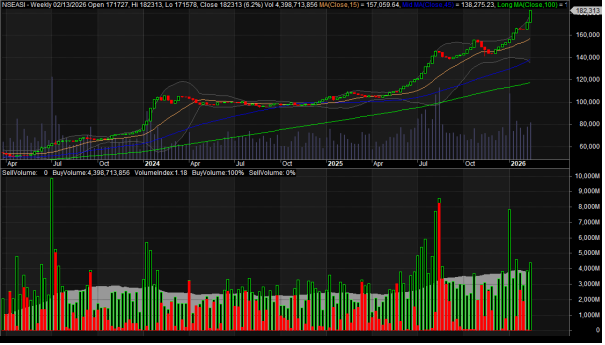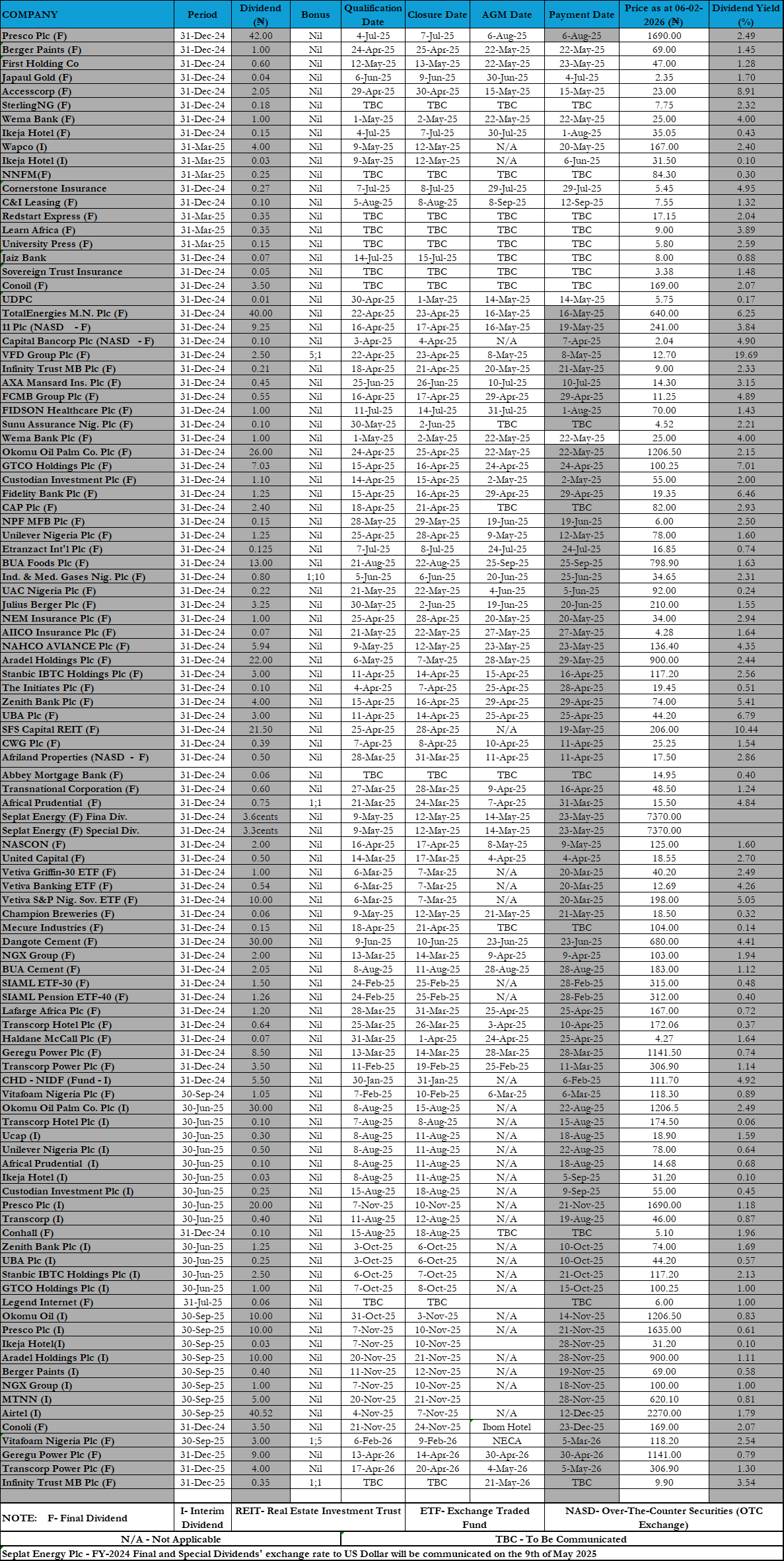
A survey by NOI Polls, Nigeria’s foremost pollster, on Thursday, showed that an estimated 60m Nigerians, translating to four of every 10, aged 18-40, engage in sports betting, lured by grinding twin evils of unemployment and underemployment, especially among the country’s vibrant youth population.
NOIPolls recalled a report by the News Agency of Nigeria (NAN) that these 60m Nigerians spend up to N1.8bn on sports betting daily, based on an average investment of N3,000 per day, which could translate to about N50bn monthly.
This, the survey showed, has been helped by sports betting, which is both online and offline, as well as a gaming industry that has grown geometrically in the past few years, with many operators springing up across the country and occupying every let-able space in most commercial centres.
This remarkable growth is attributable also to the country’s population and increased access to the internet via enabled internet devices such as mobile phones, tablets, laptop, and desktops, among others.
The report noted, for example, that sport betting shops are in almost every street in Lagos, Nigeria’s commercial hub, with a population of about 20m people, even as new ones pop up daily.
Respondents gave ‘quest for quick money’ (30%), ‘high rate of unemployment’ (21%) and ‘greed’ (15%), the desire ‘to cushion the effect of economic hardship’ (12%), ‘poverty’ (10%), ‘just for fun’ and ‘passion for sports’ (5% each) and ‘peer group influence’ (2%), as reasons why Nigerians engage in betting and gambling.
NOIPolls also cited a 2016 data report from Klynveld Peat Marwick Goerdeler (KPMG) showing that a leading sports betting company in Nigeria makes an average monthly turnover of $10m.
The growth of Nigeria’s sport betting industry has also been helped by the love for football among Nigerians.
As such, with the commencement of the 2019/2020 football season, especially in Europe, NOIPolls presented findings from its 2017 poll on gambling, conducted in the week commencing July 17, 2017. The survey sought the opinions of Nigerians regarding the prevalence, knowledge and possible reasons for engaging in gambling. The finding revealed that most Nigerians agree that gambling is becoming very popular in the country, particularly amongst the country’s bulging youth population and sports fans.

A significant 77% of Nigerians polled, attested to the high prevalence of betting and gambling in their locality; particularly amongst respondents in the South-West reporting 92%; followed by the South-South, 91%, while the North-west zone (57%) recorded the lowest.
A larger proportion of the respondents, however, disclosed that they do not engage in, or have a family member who engages in betting, even as the report noted that some respondents may outrightly refuse to disclose their participation due to societal stigmatization.
A further breakdown of the survey outcome showed that 36% of those polled admitted personally engaging or have family members who actively engage in betting, 53% of who engaged in daily betting, while 60% of this same group reported that they win a bet ‘few times a month.’ Eight percent of the respondents revealed that they have ‘never won a bet’.
In addition, the poll highlighted that people prefer betting platforms that offer timely redemption of winnings, favourable odds on games, reputation for prompt payment and are easy to use.
NOIPolls, however, expressed concern “that while gambling may serve as an avenue to pool surplus funds from the economy for savings and investment purposes, the side effects of this practice on the population, especially youths may have a negative multiplier effect on the country.
“Gambling has been found to be quite addictive and can stimulate further social vices if not properly managed. It has ruined homes, marriages and rendered people bankrupt,” calling for proper sensitization on the negative effects of gambling.
NOIPolls also stressed the need for the National Lottery Commission to step up its regulatory efforts and ensure that the practice is not abused, or become exposed to young people, especially teenagers.













